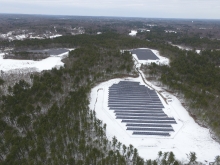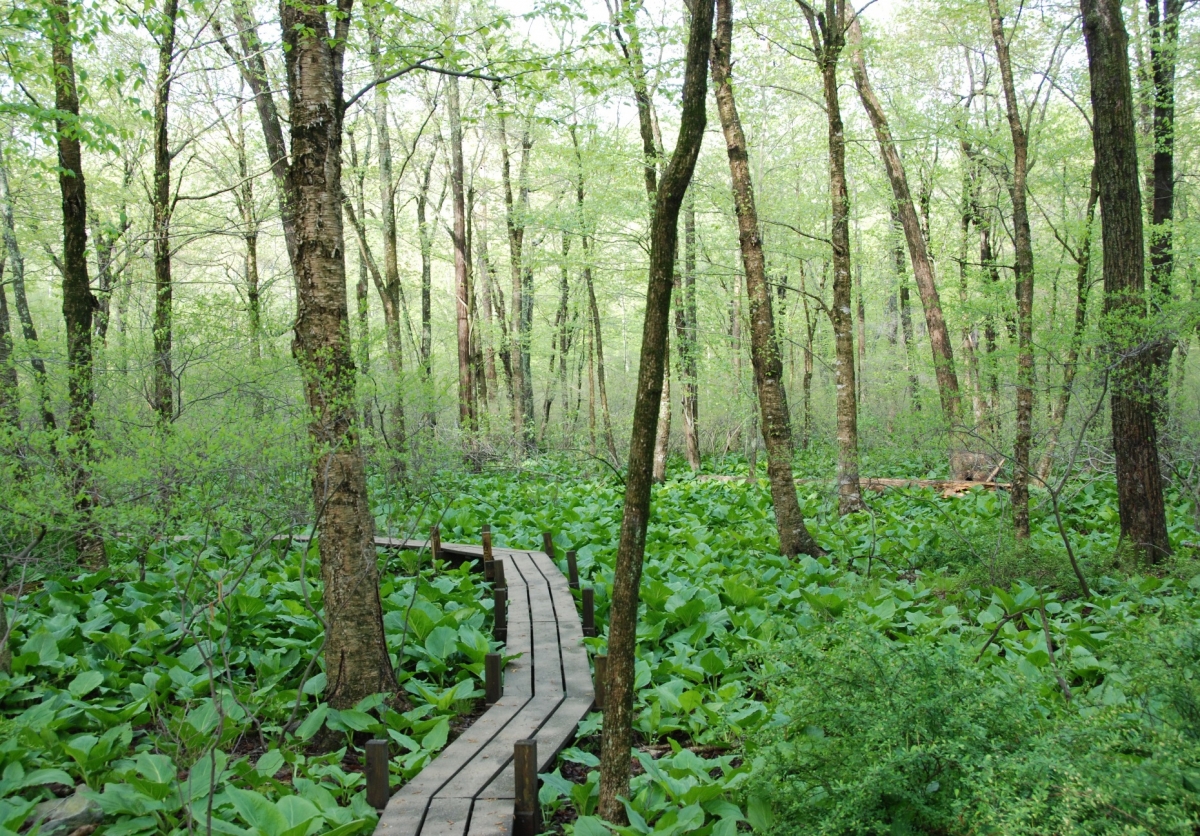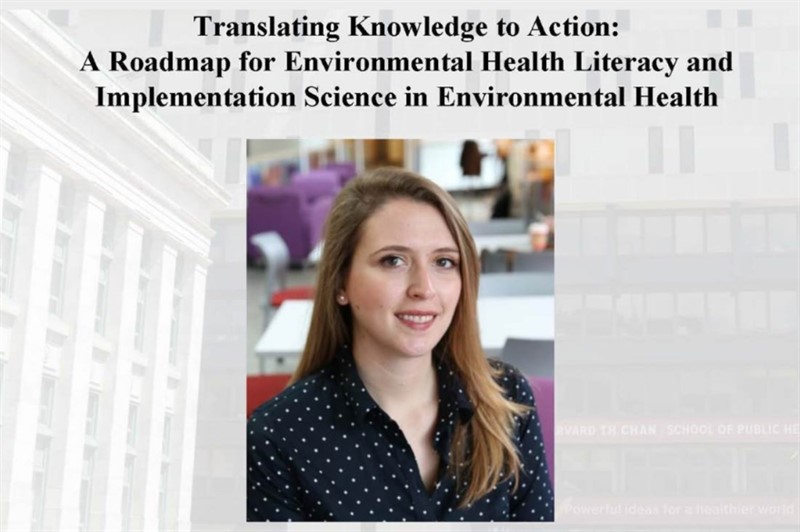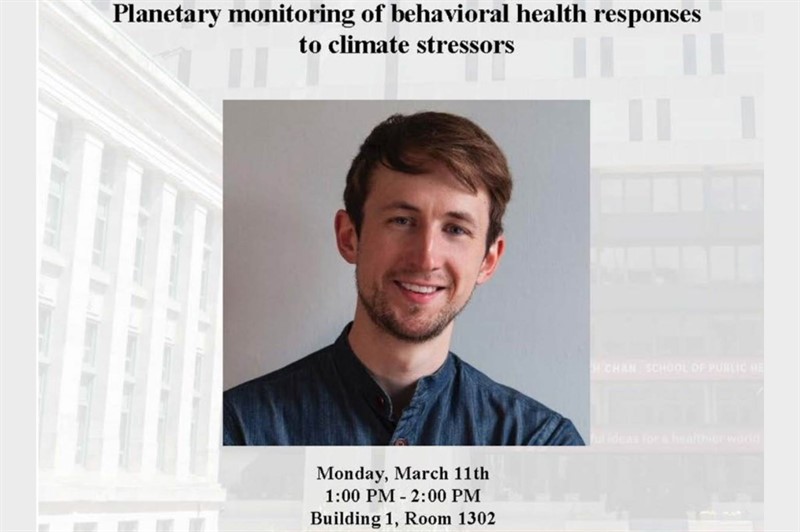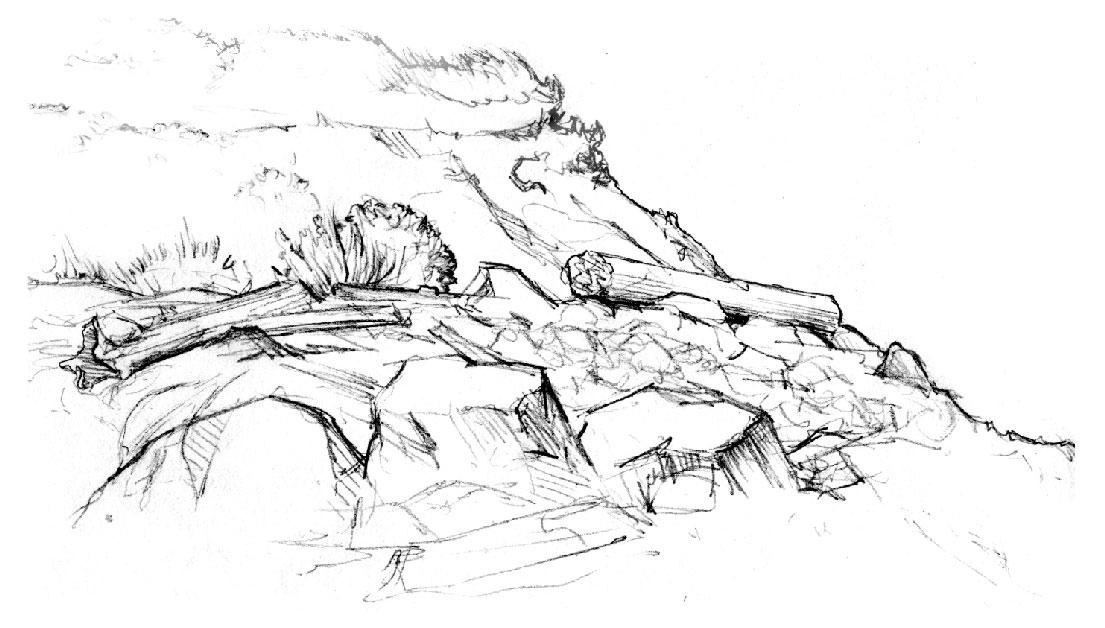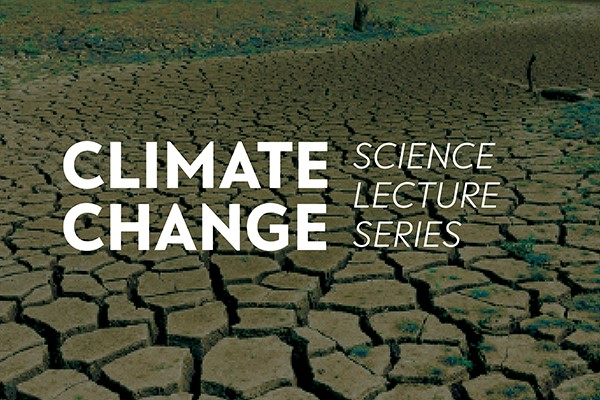Growing Solar & Protecting Nature
Harvard ForestPlease join our Research Director and Senior Ecologist Jonathan Thompson and Mass Audubon Vice President of Policy and Advocacy Michelle Manion to learn about this important research and our recommendations for how Massachusetts can responsibly meet its solar energy goals.
Climate and Sustainability Translational Fund Info Session (SEC)
Science and Engineering Complex 150 Western Ave., Allston, MA, United StatesJoin us for an info session about the 2024 Climate and Sustainability Translational Fund. Learn about the fund's benefits and important deadlines. Open to Harvard affiliates only. Pizza and refreshments provided. Learn more about the Translational Fund here: https://otd.harvard.edu/accelerators/climate-and-sustainability-translational-fund/
Atmospheric Greenhouse Gases and Pollutants, and the Link to Environmental Justice
Hear from Steven C. Wofsy, Professor of Atmospheric and Environmental Chemistry in the John A. Paulsen School of Engineering and Applied Science at Harvard University. He has degrees in Chemistry from University of Chicago (BS, 1966) and Harvard (Ph.D., 1971). His scientific work spans the broad range of processes affecting the chemistry of the atmosphere, including measurements and inverse modeling of regional and global emissions of carbon dioxide and methane from ground based, aircraft, and remote sensing measurements. His studies aim to understand underlying causes for change in atmospheric composition, in order to mitigate human impacts and to help provide scientific information for societal decisions. He is the science lead for the MethaneSAT (satellite) and MethaneAIR (aircraft) imaging spectrometers to measure methane enhancements and determine emissions from sources worldwide. He is a member of the National Academy of Sciences and recipient of the Macelwane Award and the Revelle Medal of the American Geophysical Union, and NASA’s Distinguished Public Service Medal.
Climate and Interdisciplinary Health at Harvard, Part 2: A Focus on Translation of Research into Policy
Please register to join us on March 7th from 5:30-8pm for an interdisciplinary climate & health networking session and dinner. The event is the second in a three-part series sponsored by the Salata Institute. Each has a specific focus for guided discussion, and the topic for this event is Translation of Research into Policy. We have a panel of three incredible speakers lined up, who will share their insights on this topic from the vantages of academia, nonprofit organizations, government, and industry. The 45-minute panel discussion will be followed by a dinner and networking session for all attendees. The panel will have a virtual option for those who cannot attend the event in person.
Forest Ecology Symposium
Harvard Forest Fisher Museum 324 N. Main St., Petersham, MA, United StatesSalata Institute Climate Research Cluster Info Session III
Harvard University Center for the Environment 26 Oxford Street, Cambridge, MA, United StatesThe Salata Institute is committed to supporting research that promises to make a real-world impact on the climate crisis. The Climate Research Clusters Program delivers on that commitment by funding research about complex climate problems that produces useful and practical solutions. Clusters comprise interdisciplinary, cross-School teams of researchers, whose varied expertise is required to address the complexity of the problems that they seek to solve. The problems are broad enough that their solutions represent significant progress in meeting the world’s climate challenge. As part of the program, a consultative process was created to facilitate the development of strong proposals to the Climate Research Clusters Program. This process includes Q&A sessions, a networking reception, presentations of proposed projects, and consultations with prospective project teams. While we encourage engagement in this process, participation in these events is optional. Join us for the first information session by registering below.
Department of Environmental Health Seminar – Translating Knowledge to Action: A Roadmap for Environmental Health Literacy and Implementation Science in Environmental Health
Harvard T.H. Chan School of Public Health Building 1, Room 1302 677 Huntington Ave BostonWith Kathryn Tomsho, PhD, Postdoctoral Research Fellow, Department of Environmental Health, Harvard T.H. Chan School of Public Health
Department of Environmental Health Seminar – Planetary monitoring of behavioral health responses to climate stressors
Harvard T.H. Chan School of Public Health Building 1, Room 1302 677 Huntington Ave BostonWith Kelton Minor, PhD, Postdoctoral Research Scientist, Columbia University Data Science Institute, Columbia University
Landscape Sketching
Landscapes are an appealing subject for drawings, but it can be difficult to know where to start. In this program we will learn how to select a landscape, create a sense of depth and volume, and use a variety of marks to capture a dynamic variety of textures.
Landscape Sketching
ZoomLandscapes are an appealing subject for drawings, but it can be difficult to know where to start. In this program we will learn how to select a landscape, create a sense of depth and volume, and use a variety of marks to capture a dynamic variety of textures.
Climate Change, National Security, and International Cooperation
ZoomClimate change poses unprecedented threats to global security. What natural resources are most in danger from international security tensions? How can the United States minimize resource conflicts? Can international cooperation be leveraged to mitigate security risks and increase equitable access to scarce necessities?
National security expert and interdisciplinary research scientist Swathi Veeravalli will address how complex crises are prompting more multidisciplinary cooperation across disparate government agencies and between national governments.
